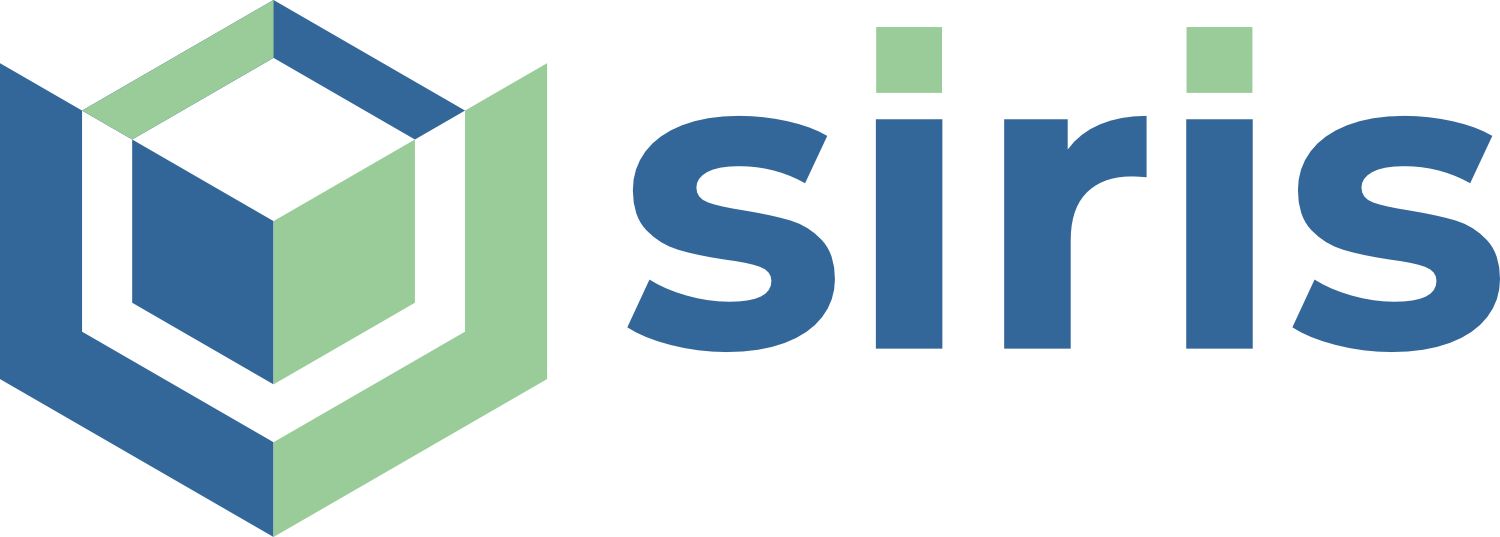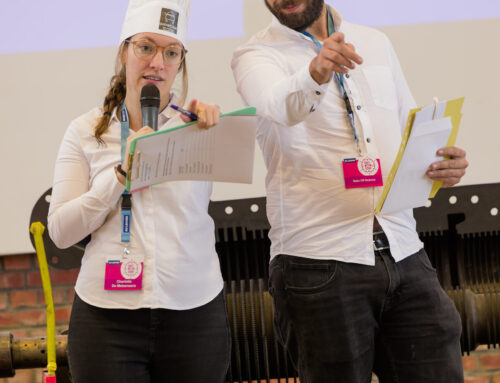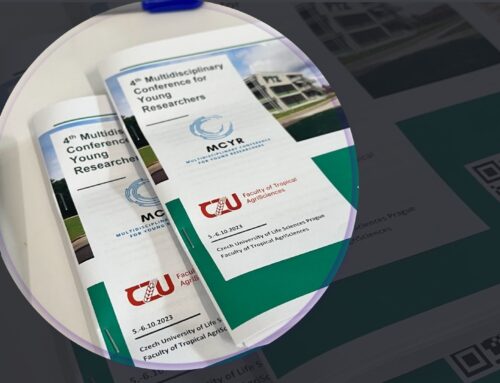
The first days of the French reproducible research network took place at the Institute Pasteur on March 8 and 9, 2023, in hybrid mode. The objective of these days was to draw up an inventory of reproducibility in the fields of scientific research in France, taking into account the diversity of disciplines and practices.
The six sessions covered the following topics:
- Observational reproducibility: The objective of this session was to identify the sources of non-reproducibility in the observational field, the solutions envisaged, and the new questions that emerge from them.
- Computational reproducibility: This session identified the sources of non-reproducibility in the computational field, the solutions envisaged, and the new questions that emerge from them.
- Statistical reproducibility: The objective of this session was to identify the sources of non-reproducibility in the field of statistical methods, the solutions envisaged, and the new questions which arise from them.
- Experimental reproducibility: The objective of this session was to identify the sources of non-reproducibility in experimental research, the solutions envisaged, and the new questions that emerge from them.
During this session The OSIRIS work package lead (WP3) Florian Naudet, a psychiatrist, professor of therapy, a researcher at the Institute for Research in Health, Environment and Work (Irset) and senior member at the Institut Universitaire de France, highlighted the hypothetico-deductive cycle and deviations, such as harking or p-hacking. Through various examples, he insisted on the public health consequences of the difficulties in reproducing therapeutic research (e.g. rTMS, antidepressants, treatment of malaria). The solutions considered are based on better study design and registration, data sharing, the need to align incentives and train a new generation of researchers in these issues. It is important to implement a metasearch approach to assess the impact of these solutions.
- Training and education: Awareness of the concepts of reproducibility in the field of research can be carried out in initial training, from the master’s degree, or in the professional context. The objective of this session was to present examples currently implemented in certain masters, and training solutions in the professional environment.
- Europe and international: In many countries, there are national academic networks dedicated to the question of reproducibility. One of the challenges of these days was to reflect on the definition and governance of such a network, at the French national level.
The two day event ended with a general discussion concerning the future of the reproducible research community in France. The objective of these first days was to carry out an inventory of reproducibility in various fields of scientific research. These days allowed interested people to meet in order to discuss the objectives of creating a national initiative around reproducible research, and the next steps. In addition to the subject of financing, the question of the support functions that the network needs to develop and structure itself was notably addressed and will be examined.
Read more about this event and get first hand highlights from the Reproducible research: inventory (report) HERE in the original post published on the Reproducible Research Network website.








Keep In Touch